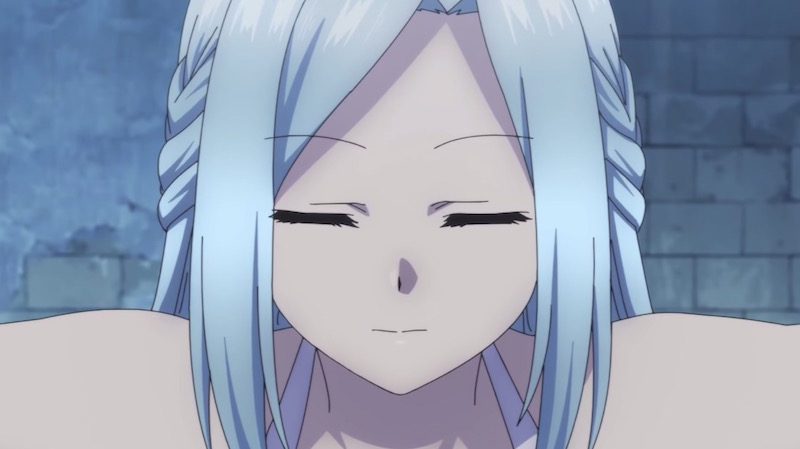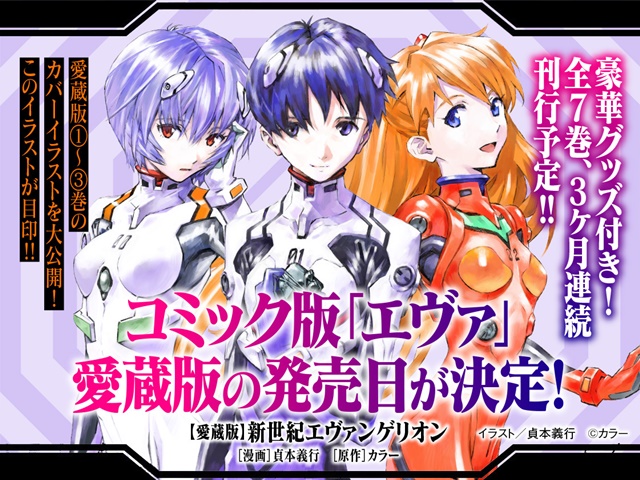#Vivy Fluorite Eye’s Song Entrances With Plot and Songs

“#Vivy Fluorite Eye’s Song Entrances With Plot and Songs”
Season aired: Spring 2021
Number of episodes: 13
Genres: Sci-fi, Action, Drama, Mystery
Thoughts: Wit Studio’s newest original anime, Vivy: Fluorite Eye’s Song, took the anime community by storm with its beautiful PV and lovely soundtrack when first announced. Written by the author of the Re:Zero light novel series, Nagatsuki-sensei, Vivy Fluorite Eye’s Song tells the story of a humanoid idol AI Diva, who is also the first autonomous AI. In a future where artificial intelligence is increasingly deployed, Diva’s one and only mission is to pour her heart into singing to make people happy. She spends her days under a predictable schedule by performing to an empty audience at the Nialand amusement park, with seemingly no hope to become popular enough to reach the main stage. One day, another AI named Matsumoto appears out of nowhere and informs her that he has come from the future with a single purpose — to prevent the war of AI and humans from ever happening. He calls it the Singularity Project. Most importantly, in order for him to execute his mission properly, he needs her help.
I expected to enjoy the anime just based on the synopsis and the technical feats the trailer showed off, but I did not foresee myself becoming truly invested in the story. In the end, Vivy Fluorite Eye’s Song greatly surprised me, and before long, I found myself jumping at every episode that aired on Saturday in anticipation.
Was the story perfect? No. I think the greatest flaw this series suffered from were the antagonists. Unlike the protagonists and supporting characters, who all had deeply emotional and understandable motivations, the antagonists come off as either unrelatable and illogical or cliché and predictable. The series had two main antagonists, both with rather lofty motivations. Yugo Kakitani, the first antagonist we meet, is a constant thorn for Diva and Matsumoto, but his motivation for hating AI is not very understandable. If anything, the episode in which his motivations are revealed makes you wonder why he didn’t side with the AI rather than against them. The other antagonist, unfortunately, is a greater disappointment due to their incredibly predictable, overused, and cliché nature. Considering how the talented hand of Nagatsuki-sensei had employed Re:Zero’s level of unpredictability to the story and how the buildup was so well-written, the final antagonist’s incredibly overused motivation only hit more negatively.

Thankfully, the protagonists and the supporting characters make up for the weaknesses of the antagonists. Diva, who goes by the alias of Vivy when she embarks on her Singularity Project missions, goes through a century-spanning emotional journey that helps her come to terms with her programmed mission, as well as the new mission forced onto her by Matsumoto. As she is an android, she spends the entirety of the series searching for the meaning of “heart” since her literal programming requires her to pour her heart into singing. However, because she isn’t a human with an actual heart, she spends her time pondering how she can properly carry out her mission. Through her many interactions, positive and negative, with both humans and other AI with their own specially programmed missions, she learns to reconcile the purpose of her existence while she attempts to ensure a happier, safer future. It’s a well-paced journey, organized into mini arcs and padded by time skips, and I fully believed in the character’s personality from start to finish.
I also adored Matsumoto and the show’s unsaid assertion that AI can develop personalities. AIs in real life have already proven that developing a personality is possible as long as it’s not against the coded program, so Matsumoto’s snarky but dogged personality is actually realistic as neither of their personalities comes to odds with the mission coded inside their program, and in fact enhances their abilities to complete them. This also shows up with other AIs, such as Estella, a hotel hostess, whose personality of empathy and angelic patience fits well with her mission of taking care of guests who stay over. The emotional core of the arcs hit close to home, with one in particular that hurt me and continues to haunt me whenever I think of it. This is a science fiction story, but the main emphasis of the plot is placed on the emotions shared between humans and AIs rather than the excitement of what future technology can hold.

While the bad antagonists certainly shook the integrity of the story, especially at the end, the anime’s technical aspects held up. Its music is well-composed and also integrates well into the story, with every song sung by any AI character important to the progression of the plot. Visually, this anime has some of the best hand-to=hand combat action sequences I’ve seen, reminding me of the famed Kogami versus Makishima fight sequences from the first season of Psycho-Pass. Meanwhile, the close-ups of each AI’s facial expressions and eyes, which have a deliberately artificial look to them, and the wide panning shots of the future world are absolutely gorgeous. The decision to elevate the depiction of the android eyes was an especially brilliant storytelling decision as it manages to simultaneously remind the audience of their non-human nature while showing their capabilities to express human emotions. It still blows my mind that this series, with these sorts of technical feats, was considered a side project by Wit Studio.
On the voice-acting side, Jun Fukuyama and Atsumi Tanezaki deserve praise for their respective portrayals of Matsumoto and Diva/Vivy. Matsumoto’s sly yet joking personality was pitch perfect for the fast-paced talking of Jun Fukuyama. Diva, on the other hand, goes through the big emotional arc of the series, and Atsumi performs well to showcase her changes as she goes from incredibly flat, robotic to finally understanding what her “heart” was.
Despite my disappointment with the antagonists, I still believe the anime performed solidly as a whole. It did its protagonists justice, and, though the last arc ended in a predictable manner, all of the prior arcs were incredibly well-written, fleshed-out, and emotional. With the added bonus of spectacular animation, a well-crafted soundtrack, and great voice acting, I simply cannot view the series as disappointing or bad despite the weak final arc.
Rating
Plot: 7.5 (Multiplier 3.5)
Characters: 8 (Multiplier 3.5)
Voice acting: 8
Art/Animation: 9
Soundtrack: 8.5
FINAL SCORE: 79.75
If you liked the article, do not forget to share it with your friends. Follow us on Google News too, click on the star and choose us from your favorites.
For forums sites go to Forum.BuradaBiliyorum.Com
If you want to read more anime-manga articles, you can visit our anime-manga category.



